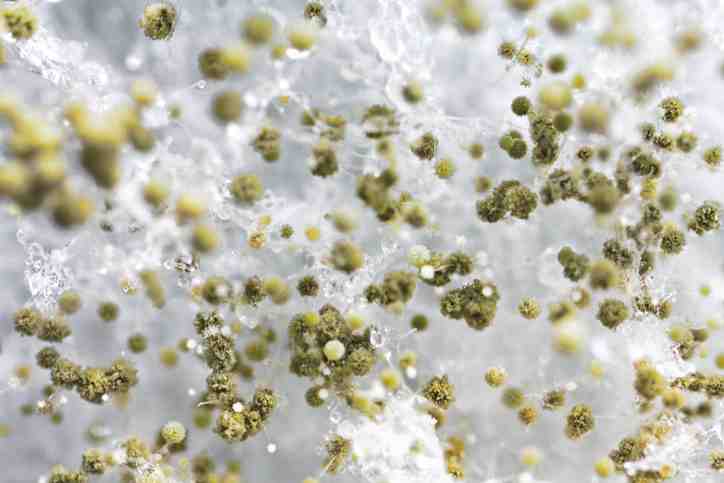Pollution, the introduction of harmful materials into the environment, has become one of the most addressed topics in the 21st century.
Data shows that most of the global population breathes air containing high levels of pollutants. From smoke inside buildings and homes to the smog that inundates our cities, air pollution poses a major threat to climate and health. In fact, the World Health Organization (WHO) recognizes that indoor air quality can be up to ten times poorer than outdoor air. However, there are many ways to improve your air quality.
Causes of Poor Indoor Air Quality and How to Improve it
Unwittingly, we often bring polluting elements into closed spaces; pinpointing which components might be creating a toxic indoor environment can help prevent poor indoor air quality.
Inefficient Maintenance of the Ventilation System
When the ventilation system is not properly maintained, the air circulation is usually insufficient for fresh air to dilute or expel contaminants. Make sure your heating, ventilation, and air conditioning systems are professionally inspected regularly.
Pollutants Found in Construction Materials and Furniture
Some of the most common pollutants found are formaldehyde, polyurethane, PBB (polybrominated biphenyl), and PCB (polychlorinated biphenyl). These toxic substances can also compromise air quality over time. To avoid being exposed to these harsh components, explore options such as pressed wood or products labeled “No VOC/Low VOC.”
Cleaning Supplies
Unfortunately, these contain chemicals that inundate the air you breathe and linger for a while after being used. To limit exposure to these harmful substances, make sure you keep the area well ventilated while using them and use naturally derived cleaners when possible.
Pesticides
These are another cause of poor indoor air quality due to the highly toxic chemicals used in them. Reducing exposure to these products is the best way to keep your space’s air clean. Apply only the recommended quantities and increase ventilation. Additionally, use non-chemical or organic pesticides when possible.
Mold and Mildew
These tend to grow due to an excess of moisture in the air. The microscopic spores of these microorganisms can cause potential health concerns as they produce allergens, substances that can cause allergic reactions, and irritants. This can be avoided by monitoring the humidity levels or using a dehumidifier.
Let Our Team be Your Go-To Commercial HVAC Cleaning Professionals
Having a good understanding of the factors that can worsen the air quality in your indoor space is an important first step to continue improving it and to ensure the safety and comfort of those who enter it.
To help ensure that your commercial HVAC system provides clean air in your commercial space, contact us today for the best rates on commercial air duct cleaning and decontamination on existing buildings and new construction.

